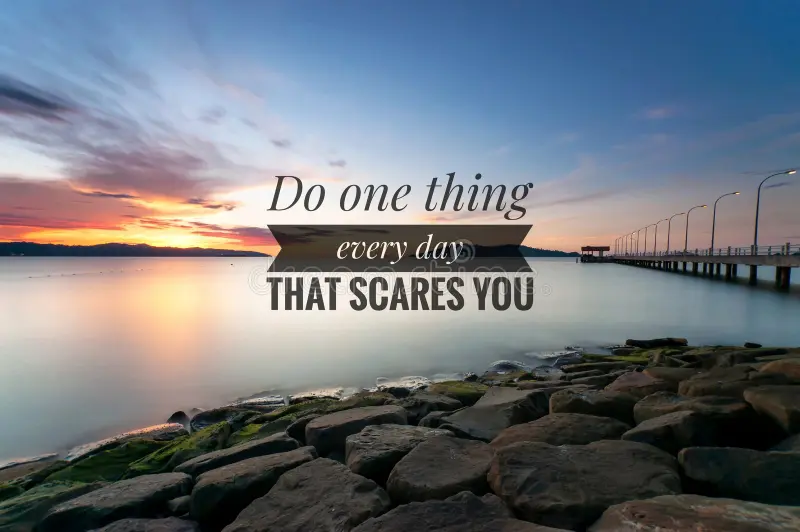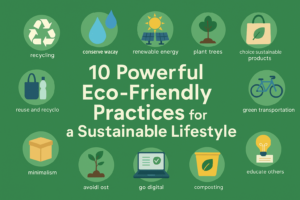🟢 Introduction
With endless distractions and to-do lists piling up, productivity isn’t just about doing more — it’s about doing what matters most. The modern work environment (whether remote or hybrid) requires smarter systems, better boundaries, and mental clarity.
In this blog, we’ll explore 9 practical and science-backed productivity strategies that actually work in 2025 — and how you can implement them today.

⏱️ 1. Time Blocking: Plan It Before You Do It
What it is: Dividing your day into blocks of time, each dedicated to a specific task or theme.
Why it works: It reduces decision fatigue and multitasking. You schedule your focus instead of reacting all day.
Pro Tip: Use Google Calendar or Notion to create color-coded blocks for Deep Work, Admin, Meetings, and Breaks.
📵 2. Digital Minimalism: Less Noise, More Focus
What it is: Being intentional with your tech use to protect your time and attention.
Try this:
- Turn off non-essential notifications.
- Use tools like Focus Mode (Android/iOS) or Freedom App to block distracting apps.
- Keep your phone in another room during Deep Work sessions.
🧠 3. The 90/20 Rule: Work in Natural Rhythms
What it is: Work for 90 minutes, then take a 20-minute break.
Why it works: Mimics your body’s ultradian rhythm — improving focus and energy without burnout.
Bonus: Pair this with movement (stretch, short walk) or mindfulness (quick meditation).
🛠️ 4. Use the Right Tools (But Keep It Simple)
Best 2025 Productivity Tools:
- ✅ Notion – All-in-one workspace for tasks, notes, wikis, and calendars
- ✅ Motion – AI-powered scheduling and task automation
- ✅ Toggl Track – Time tracking for individuals and teams
- ✅ Obsidian – Second brain for interconnected note-taking
Pro Tip: Don’t overload on tools. Use one for task management, one for notes, and one for calendars.

🎯 5. Define Your “One Thing” Daily
“What’s the ONE thing I can do today such that by doing it, everything else becomes easier or unnecessary?” — The One Thing
Why it works: Clarifies your highest-leverage task. Keeps you out of “busy but not productive” mode.
Try this: Write down your One Thing every morning or the night before.
🧘 6. Morning Mindfulness → Productivity Booster
Why it works: A 5-minute mindfulness practice can:
- Increase attention span
- Lower stress
- Improve cognitive control
Simple Routine:
- 3 mins deep breathing
- 2 mins visualizing your focused work session
📊 7. Track Your Time (Just for a Week)
Why: You can’t improve what you don’t measure.
Try this: Track every 30–60 mins for 5–7 days using:
- A simple spreadsheet
- Toggl or RescueTime
Outcome: You’ll spot time leaks (e.g. 2 hours a day on email!) and reclaim them for high-value work.
💬 8. The Two-Minute Rule
From: David Allen’s Getting Things Done
Rule: If something takes less than 2 minutes, do it immediately.
Why: It clears mental clutter and prevents small tasks from stacking up.
🚪 9. Protect Your Focus with “Office Hours”
Why it works: Sets boundaries with colleagues/clients and carves out deep work time.
How:
- Block 2–3 hours per day as “Do Not Disturb”
- Use calendar notes like “Focus Time – Available After 2 PM”
Bonus: Encourage your team to do the same.
✅ Conclusion: Productivity Is a Skill, Not a Trait
The most productive people don’t work more hours — they design better systems. Implement even 2–3 of these strategies and you’ll notice a real shift in how much you accomplish without feeling overwhelmed.
🔁 Remember: Productivity is about progress, not perfection.




